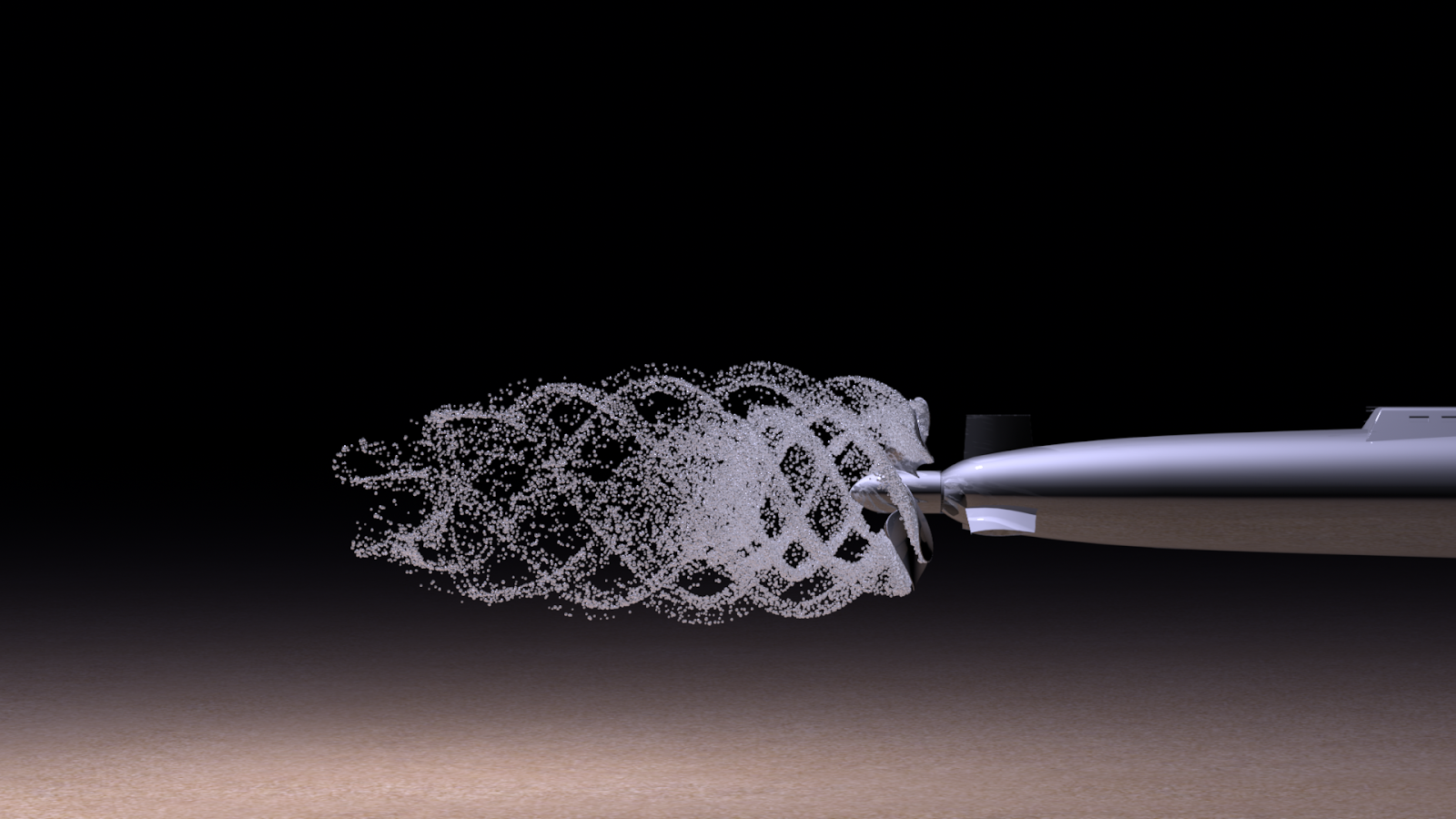ME219 - Fluid Mechanics

Instructor
Rajendra P Vedula
Section
S1
Semester
Autumn ‘20
Course Difficulty
The course is slightly on the difficult side in terms of content. It starts with very basic topics but as the semester proceeds the topics get more and more complex. The difficulty of the course is mostly because 60% of the topics would be new and hence would need a little more time to get comfortable with. This course is expected to be a little tough in general, owing to the 8 credits associated with it.
Time Commitment Required
Time involvement is pretty less, you just need to keep up with the lectures and once every 3 weeks prepare for the exam. As there are no class tests or assignments a lot of you might think that continuous involvement is not required but because the course is a little difficult in terms of content, one may not be able to score good by just studying a night before the exams.
Grading Policy and Statistics
The grading of this course is also good, BB or AB is quite achievable by just attending and revising the lectures. AA would require a little more effort like solving all the practice problems given by the professor and reading certain topics from the reference book.
Attendance Policy
Attendance is not mandatory, No DX grade.
Pre-requisites
There are no prerequisites for this course. A good knowledge of basic fluid concepts like fluid pressure, pascal’s law, etc. can be advantageous. Good hold on calculus would also help.
Evaluation Scheme
40% - 4 quizzes
25% - Mid Sem
35% - End Sem
Topics Covered in the Course
Continuum approximation, fluid pressure, Pascal’s law, manometer, micrometer, pressure forces, buoyancy, floating, stable/unstable equilibrium of submerged/floating body, metacentre, accelerating fluid systems, fluid dynamics, control mass, control volume, stream, streak, & path lines, integral equations, Reynolds Transport Theorem, integral mass conservation, continuity equation, integral momentum balance, integral energy balance, Bernoulli form of energy conservation, non inertial frame of CV, fluid kinematics, rotation of fluid particles and angular deformations, linear deformations, incompressible fluid condition, differential forms of conservation of mass, momentum, and energy equations, viscosity, pressure measurement in moving fluids, pitot tube, Stoke’s law, Navier-Stokes Equations, viscosity analysis, developed flow, 2D Couette flow, pipe flow, laminar and turbulent flow, non dimensional form of Navier Stokes equations, Reynolds number, Darcy friction factor, head loss due to friction & fittings, boundary layer theory, Boundary layer separation, and drag force.
Teaching Style
Lectures happen on MS teams in the allocated slots, the professor would share his screen and use PPTs to explain the concepts. He would do the required annotations on the PPT itself. All the course material including lecture slides, recordings, and practice problems are made available on the course’s google drive. Examples are taken in between the lectures to explain the concepts and for practice. The professor goes at a really smooth pace and still would be able to finish the syllabus. The explanations given by the professor are amazing and he will make you feel interested in the course throughout. He spends 1 full lecture on problem solving every alternate week.
Tutorials/Assignments/Projects
No project, no assignments and no tutorials. But after the end of every major section, the professor would give some questions for practice. These questions are very important as they help a lot in understanding the concepts as well as the questions asked in the exams are very similar to these. No submission is required for these questions, and the professor would discuss these questions in the class before giving the next set of questions.
Feedback on Exams
Exams for this course would be pretty easy, the questions revolve around the lecture slides and the practice questions. Although the questions in the exams would look difficult in the way they are framed, they are easily solvable if you know the concepts from the lectures. Exams are conducted with no live proctoring, you will be given the question paper via Moodle and asked to record your laptop screen as well as your camera feed using OBS on your laptop. After the end of the exam time you need to upload your answer sheets on Moodle and recordings on the course drive. Grading is lenient, in fact super chill. The professor won’t cut a single mark if your final answer is incorrect provided the logic you applied and the equations you formed are correct. Enough time is available in the exams to solve all the questions, quizzes consist of 1-2 questions and Midsem/Endsem would have 5-6 questions. This makes the course a little high scoring.
Course Highlights
It is considered to be one of the difficult courses, but the professor would make it one of the most easy courses, just by his teaching skills and course policies.
Course Importance
This course is very important as it is the starting point of one of the major verticals in mechanical engineering which is thermal and fluids engineering. Apart from that, the concepts taught in this course would come in very useful in many fluids related courses.
Going Forward
As said before, this course is the starting point of the fluids division of mechanical engineering and the next step after this could be anything in the field of fluids like fluid dynamics, flow analysis, CFD, etc. Some of the courses in this direction could be ME415, ME618, ME651, ME662, ME704, etc.
References Used
Yunus Cengel, John Cimbala - Fluid Mechanics Fundamentals and Applications 3rd Edition (2013, McGraw-Hill Science_Engineering_Math)
Other Remarks
It’s a very important course as in the following semester that is the 4th semester, ME224 fluid mechanics lab would be totally based on the concepts of this course. Also, since it’s an 8 credit course, it has a lot of weightage in the 3rd semester.
ME 219 Review By: Bishop Prakash